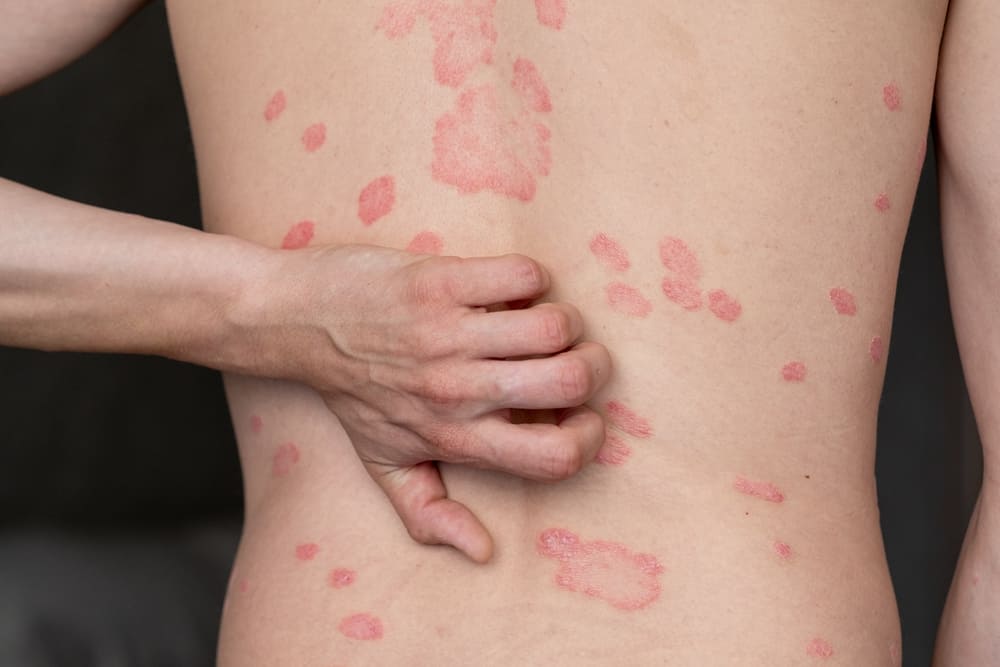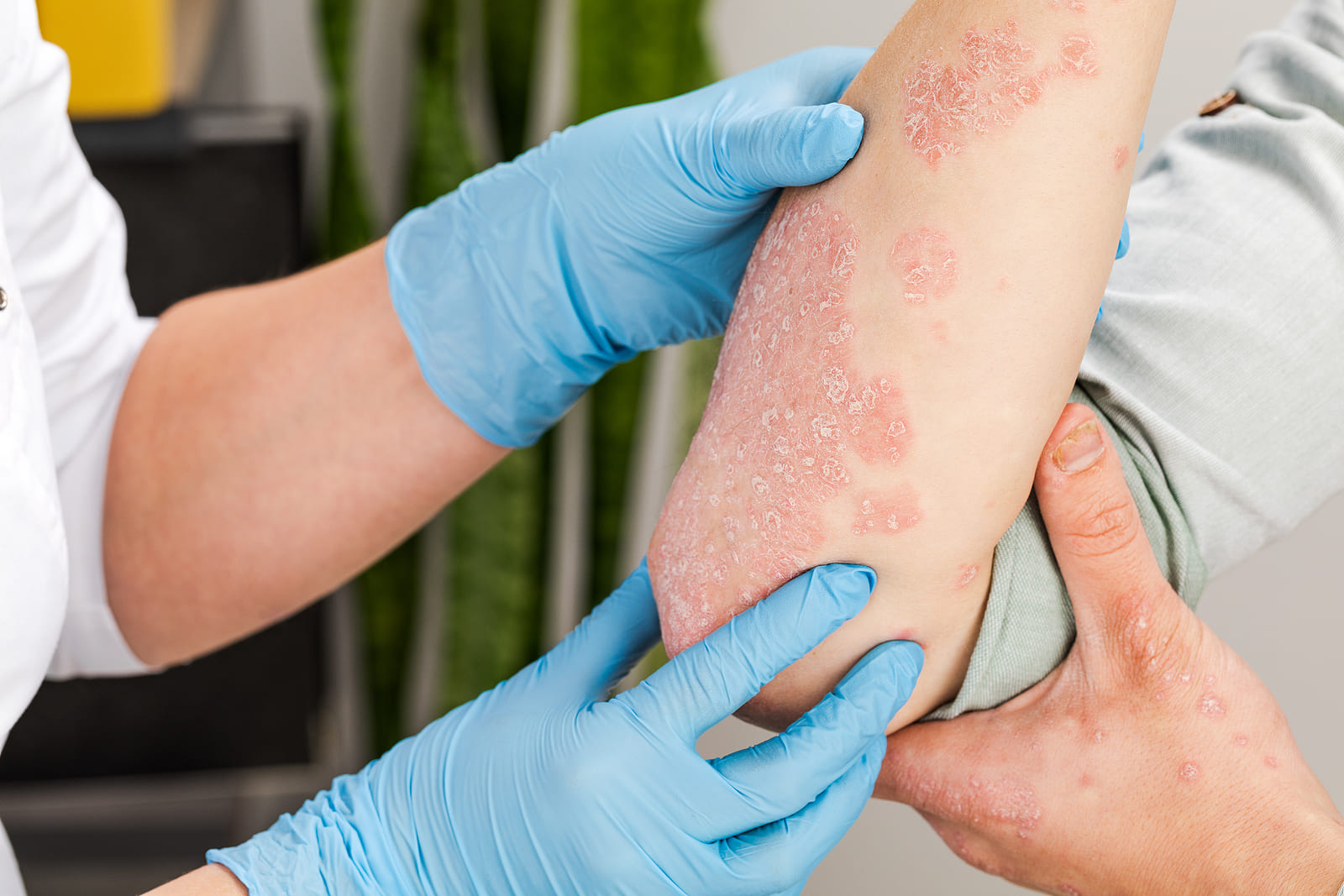Topical Therapies
Topical treatments include creams, ointments, foams and sprays applied directly to the skin and can improve itching and inflammation. Some commonly prescribed topicals for psoriasis are:
Corticosteroids: Anti-inflammatory topicals that reduce swelling and redness.
Vitamin D Analogs: Products like calcipotriene help slow skin growth and can reduce plaques.
Retinoids: Topical retinoids, such as tazarotene, help normalize the skin cell life cycle.
Advanced Topicals: Medications like Vtama and Zoryve are non-steroidal treatments that target inflammation through different mechanisms than other topicals and can be used long-term and in sensitive skin areas.
Phototherapy
Phototherapy involves exposing the skin to ultraviolet light under medical supervision.
Narrowband UVB Therapy: This treatment uses ultraviolet B light which is particularly effective in treating psoriasis.
PUVA: combines a drug (psoralen) with UVA light to enhance the effectiveness of treatment.
Systemic Medications
Oral systemics moderate-to-severe-psoriasis and psoriatic arthritis, systemic medications influence the entire body
Methotrexate: An immunosuppressant that slows cell turnover and reduces inflammation.
Cyclosporine: A potent immunosuppressant that works quickly, but typically only used short-term.
Acitretin: A retinoid that helps normalize the speed of skin cell growth.
Otezla: An oral medication that treats the inflammatory process associated with psoriasis and is not immunosuppressive.
Sotyktu: An oral targeted medication that reduces the inflammatory response in psoriasis.
Biologics
Biologics are injectable medications that target specific parts of the immune system and are used for moderate-to-severe psoriasis. They have revolutionized the treatment of psoriasis and psoriatic arthritis.
- Enbrel
- Remicade
- Humira
- Stelara
- Cosentyx
- Taltz
- Siliq
- Tremfya
- Skyrizi
Lifestyle Management
In addition to medical treatments, lifestyle changes can help manage psoriasis.
Diet: Certain foods may trigger or exacerbate psoriasis such as red meat and processed meats, dairy products, fatty foods, and alcohol.
Stress reduction: Techniques such as regular exercise, yoga and meditation may alleviate stress, which can trigger flare-ups.
Moisturizers: Keeping your skin hydrated can help reduce dryness and scaling.





